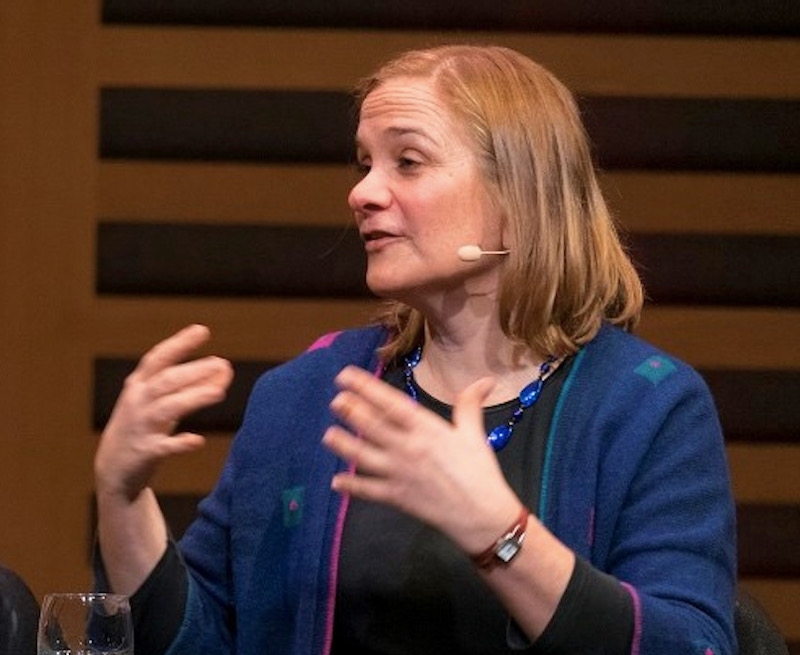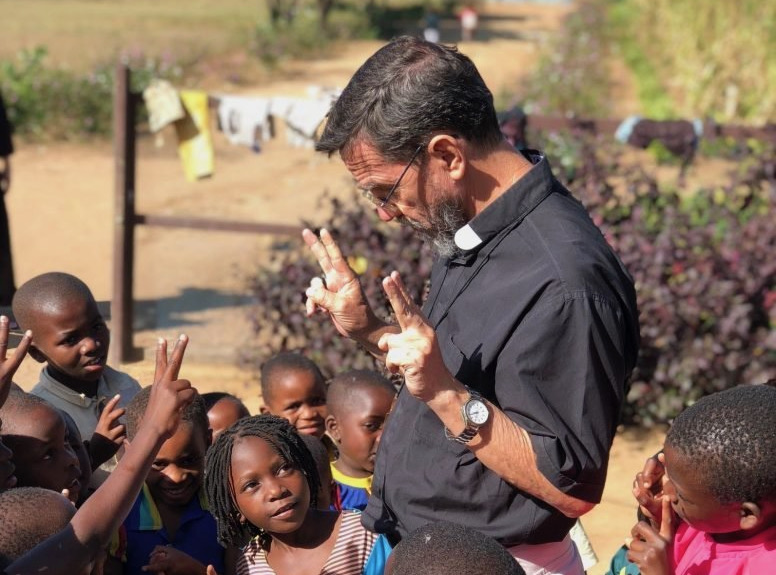The head of a Catholic peace organisation has said it has taken the recent attack on foreigners in the city of Palma in the northern Cabo Delgado region for the world to realise the full extent of the crisis in Mozambique.
“Whatever the world is seeing now has been going on in Mozambique for years,” the director of the Denis Hurley Peace Institute (DHPI), Johan Viljoen, told ACI Africa on 4 April.
The head of the peace institute, which is an entity of the Southern African Catholic Bishops’ Conference (SACBC) continued: “We have tried to talk about it but no one cared to listen. There is a global uproar now because a handful of foreigners were affected. But this has been going on. More than 3,000 innocent Mozambicans have died in this violence and no one cared.
“We are equal; foreigners and locals. Every life matters. As a Catholic organisation, we believe that we are all created in God’s image.”
More than 3,000 people have died and 700,000 been displaced since Islamist insurgents, who have claimed allegiance to the Islamic State (IS) group, began terrorising the Cabo Delgado region in 2017.
Militants, known locally as al-Shabab, launched an invasion last month on the coastal town of Palma, which falls within the Catholic diocese of Pemba.
The attack was propelled into the news after reports that about two hundred expatriate workers, mostly there in connection with oil giant Total’s newly-built gas hub 15 km from the city, tried to escape a siege in a hotel in a convoy of trucks. According to reports at least seven were shot down and killed by the gunmen.
A British contractor, Philip Mawer, and a South African national are reported to have been among those killed.
Mozambique's military has since said it has regained full control of the coastal town.
Energy group Total has suspended its $20 billion project, the biggest private investment in sub-saharan Africa, to extract oil from the region.
Number are still unclear, but dozens of Mozambican civilians are thought to have been killed in the invasion and more than 10,000 people have been forced to flee Palma for Pemba, the provincial capital of the Cabo Delagado region.
A video, reportedly taken in Palma after the attack and seen by Catholic charity Aid to the Church in Need (ACN), shows decapitated and mutilated bodies.
Ulrich Kny, ACN Project Head for Mozambique, said: “The images we have seen are shocking. We cannot even share them because they wound human dignity by their brutality. We wonder how many more deaths there must be before the world does something to stop this violence. These lives do not seem to count. It tears my heart out.”
Lelis Quintanilla, the DHPI Mozambique Project Manager, said that thousands of families fleeing the violence had already arrived in Pemba.
According to the United Nations, Pemba has already seen its population of 200,000 increase by three quarters since February, and aid workers are questioning whether the city has the capacity to support the ever-increasing numbers of refugees.
“The city of Pemba and the infrastructure will not support the number of residents,” said Manuel Nota, head of the Pemba branch of the Catholic charity Caritas.
The Bishop of Pemba, Bishop Luiz Fernando Lisboa, who earlier this year wrote a highly critical letter questioning the Government’s response to the attacks in the region, was transferred to his native country, Brazil, on the 11 February after reportedly receiving death threats.



 Loading ...
Loading ...